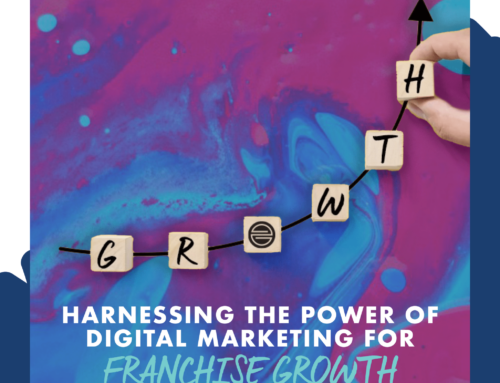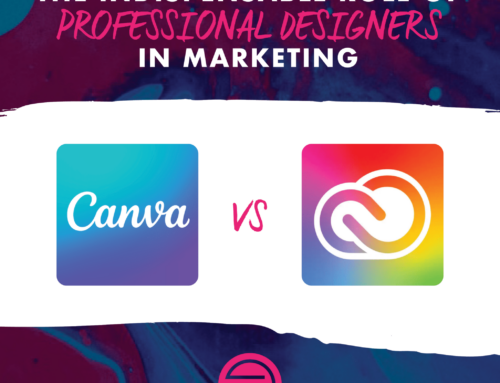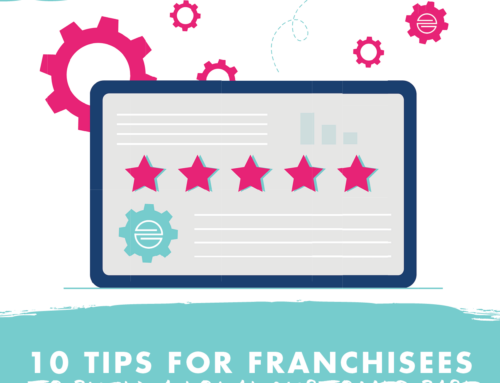|
Getting your Trinity Audio player ready...
|
Every industry has their own jargon, and marketing is no exception! On any given day, you can hear the Elysium Marketing Team talking to one another using terms related to marketing strategy and marketing creative. But what do they actual mean? We want our clients and friends to be educated on the important terms, so we thought we’d create our own Dictionary of Marketing Terms!
Marketing Terms & Their Definitions
A/B Testing – the process of comparing two variations of a webpage, email subject line, imagery, call-to-actions, etc. If you can test it, we do it!
Backlink – a link from a website that hyperlinks to the website you own (i.e. a business directory listing or a pick-up from a press release).
Brand Guidelines – your brand’s bible! This document is the keeper of your logos, brand colors, brand fonts and everything else related to the look, feel, and tone of your company.
Business-to-Business (B2B) — the marketing of products or services to other companies.
Business-to-Consumer (B2C) – the marketing products or services to individual people.
Content – any piece of information that can be included in a company’s marketing strategy. This can include blogs, newsletters, infographics, vlogs, case studies and so much more!
Cost-Per-Click – a metric that is used in digital marketing to determine what a company is paying per click on an advertisement.
Click-Through Rate– the percentage of individuals who view a piece of content (i.e. e-mail, social media, digital advertisement) and ultimately click the link associated with the content.
Editorial Calendar – a map that outlines different promotions, educational content and other information that serves as a guide (is never set in stone) for executing social media marketing.
Evergreen Content – a piece of content that is not time-sensitive and can be utilized all year round.
Keyword – a specific word or set of words that you would type into a search engine (Google, Bing) to find the information they are looking for. These are incredibly important for both Pay-Per-Click and Search Engine Optimization (SEO).
Landing Page – a web page that is often used for lead generation that you can’t get to through the navigation bar. These typically contain a form for your target audience to get in contact with your business. Additionally, they often have gated content or an offer that is sent to your lead as a reward for exchange for their contact information.
On-page SEO – the practice of optimizing current live web pages to rank higher in search engines. This is done through a strategic plan involving keywords, H1 tags, meta descriptions and a whole lot more!
Pay Per Click – business model whereby the advertiser pays the website each time someone clicks on their ad.
QR Code—an automatically generated code that takes you to view a website, menu, promotions and more! These have had a resurgence in popularity throughout the COVID-19 pandemic.
Remarketing – the process of reconnecting or “following around” individuals who have previously visited your website by serving them targeted digital advertisements on other websites and social media platforms.
Responsive Design – a design that renders properly on any device an individual is viewing it on. This is important so people that are looking at your website on an iPhone, Tablet or Desktop all can legibly read your content and view the design of your site.
UTM Codes– a code that you can attach to any custom URL to provide further tracking on the analytical side or a campaign. When using these codes, marketers can know the arrival source of individuals to a site through Google Analytics.
Value Proposition – a description of your company’s core values, principles and top priorities.
Wireframes – a blueprint to your website. This is how any website design project is kicked off which addresses the structure and layout that will eventually be designed and developed.
And, there you have it, the 20 most popular marketing terms that our marketing agency uses every day. Interested in learning more about how we can help use these terms to help your business? Contact us today!




